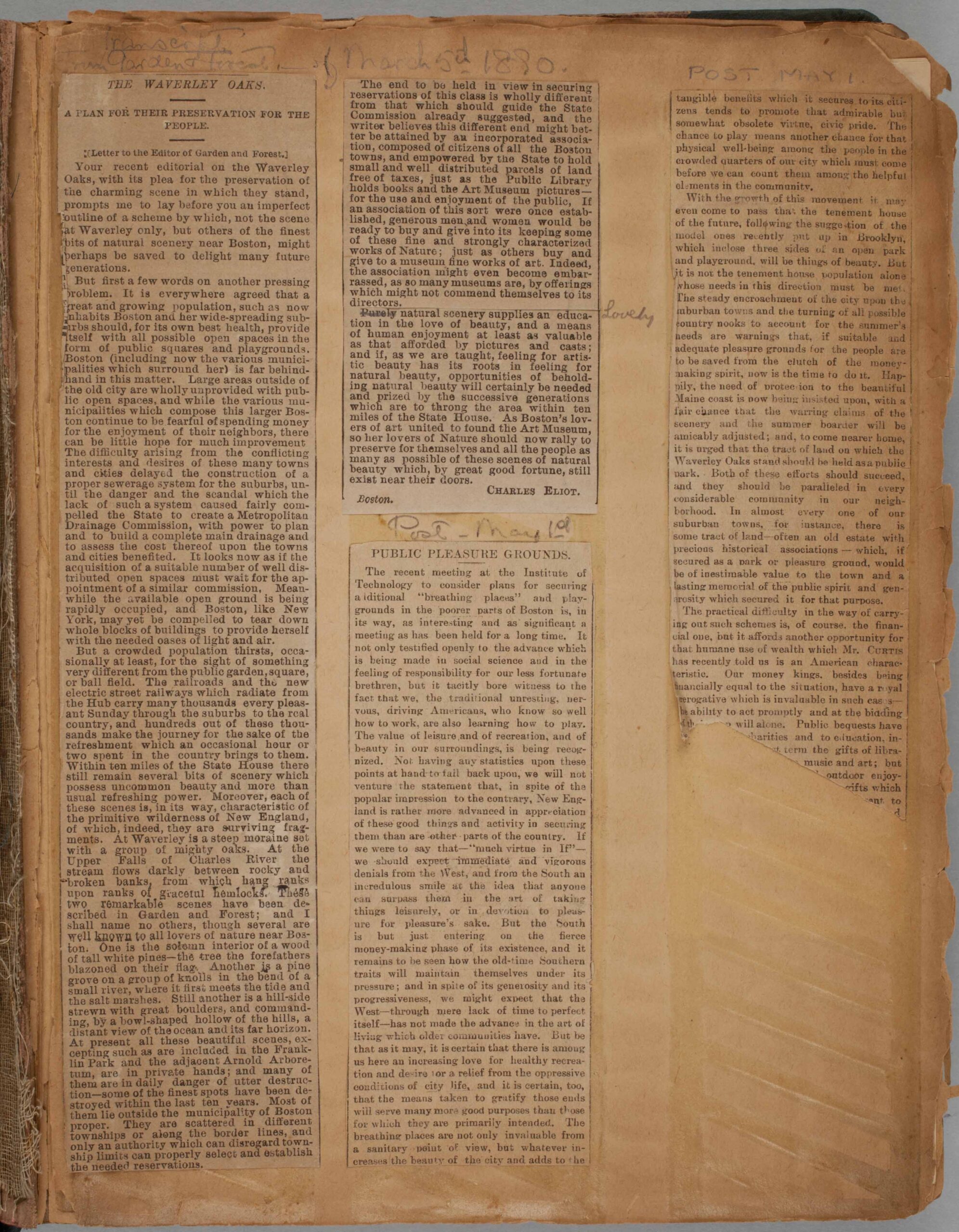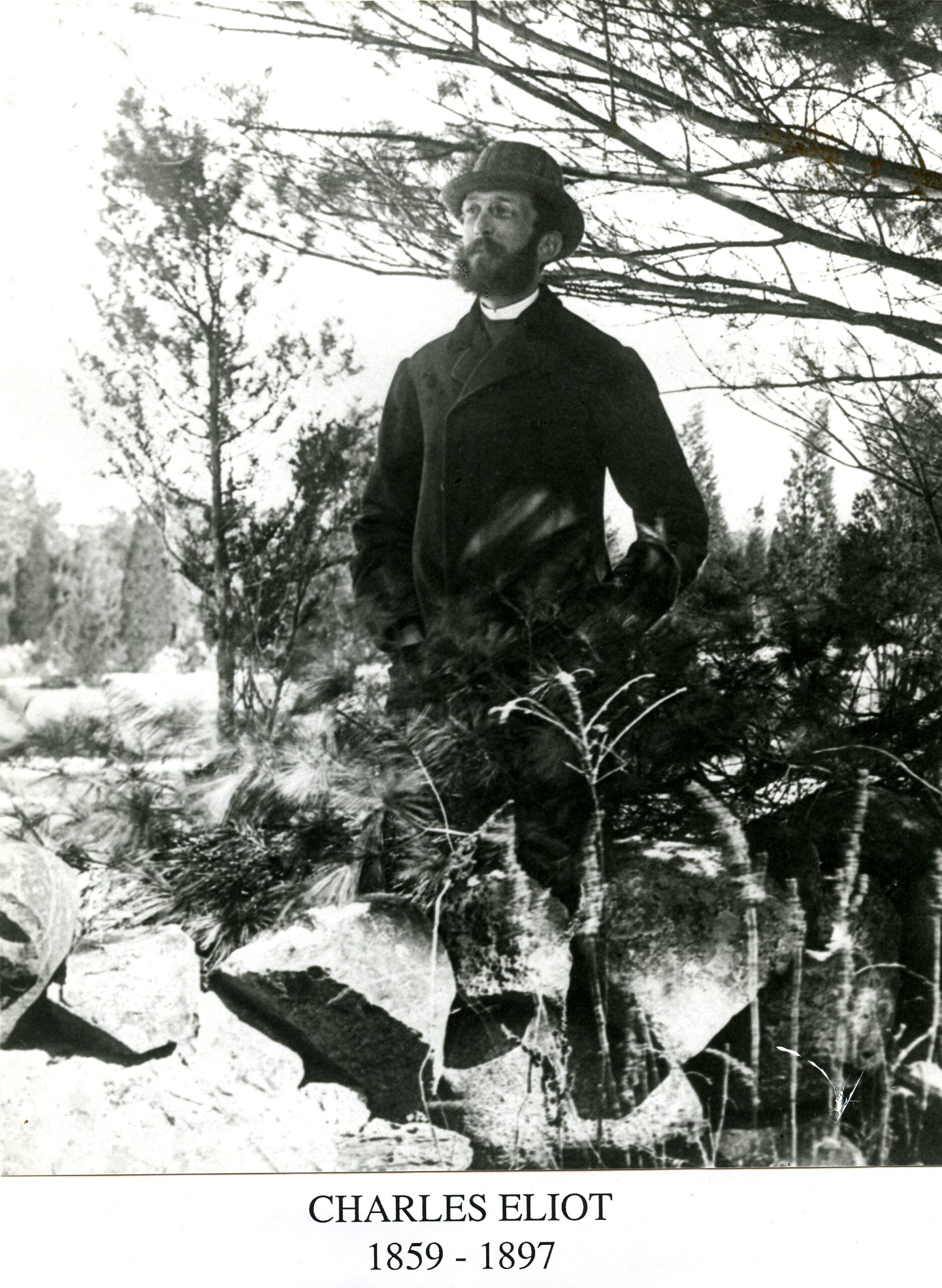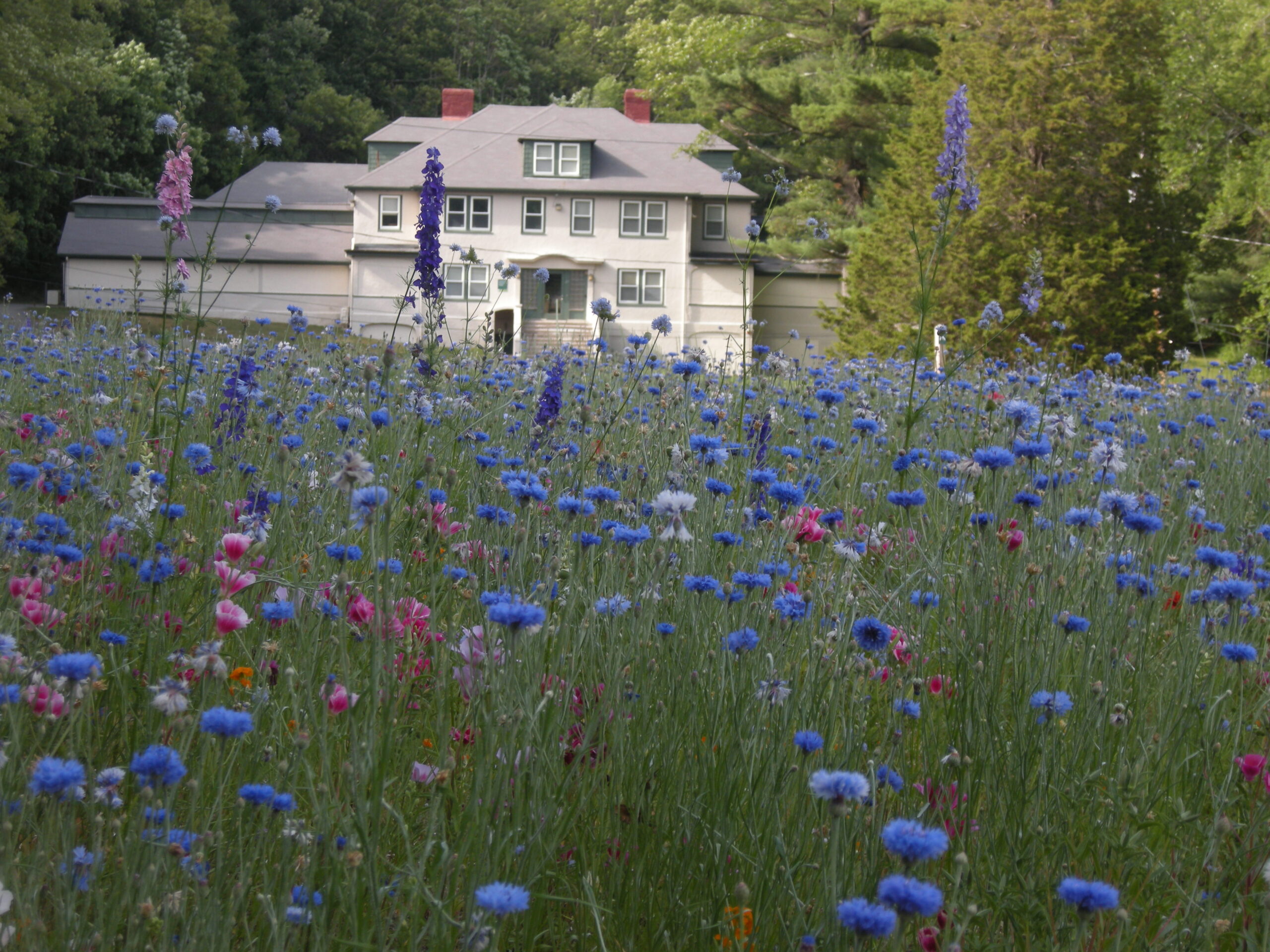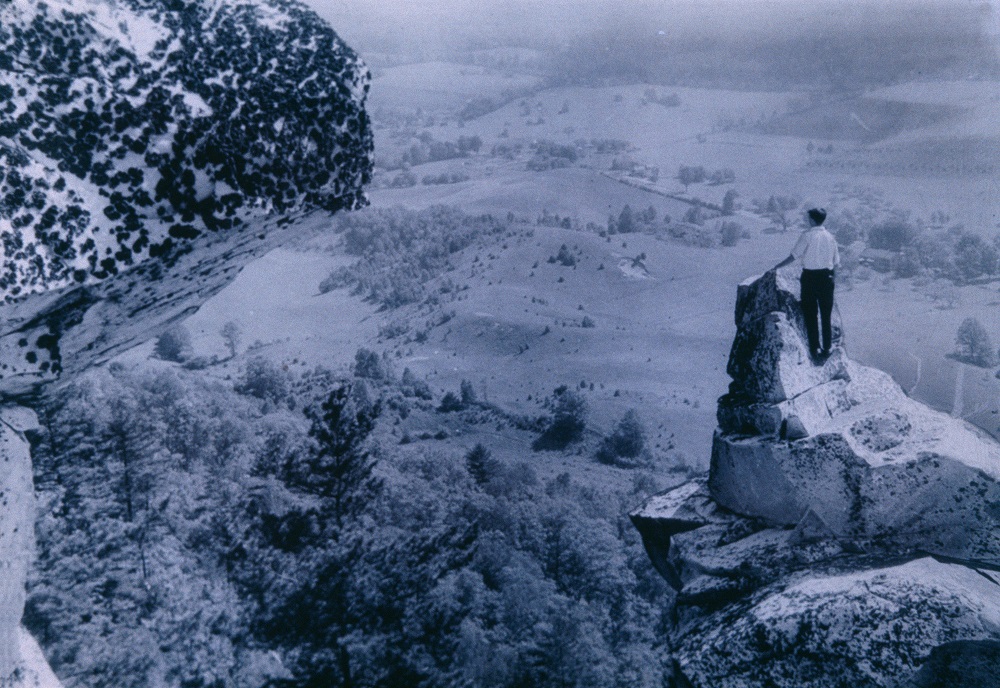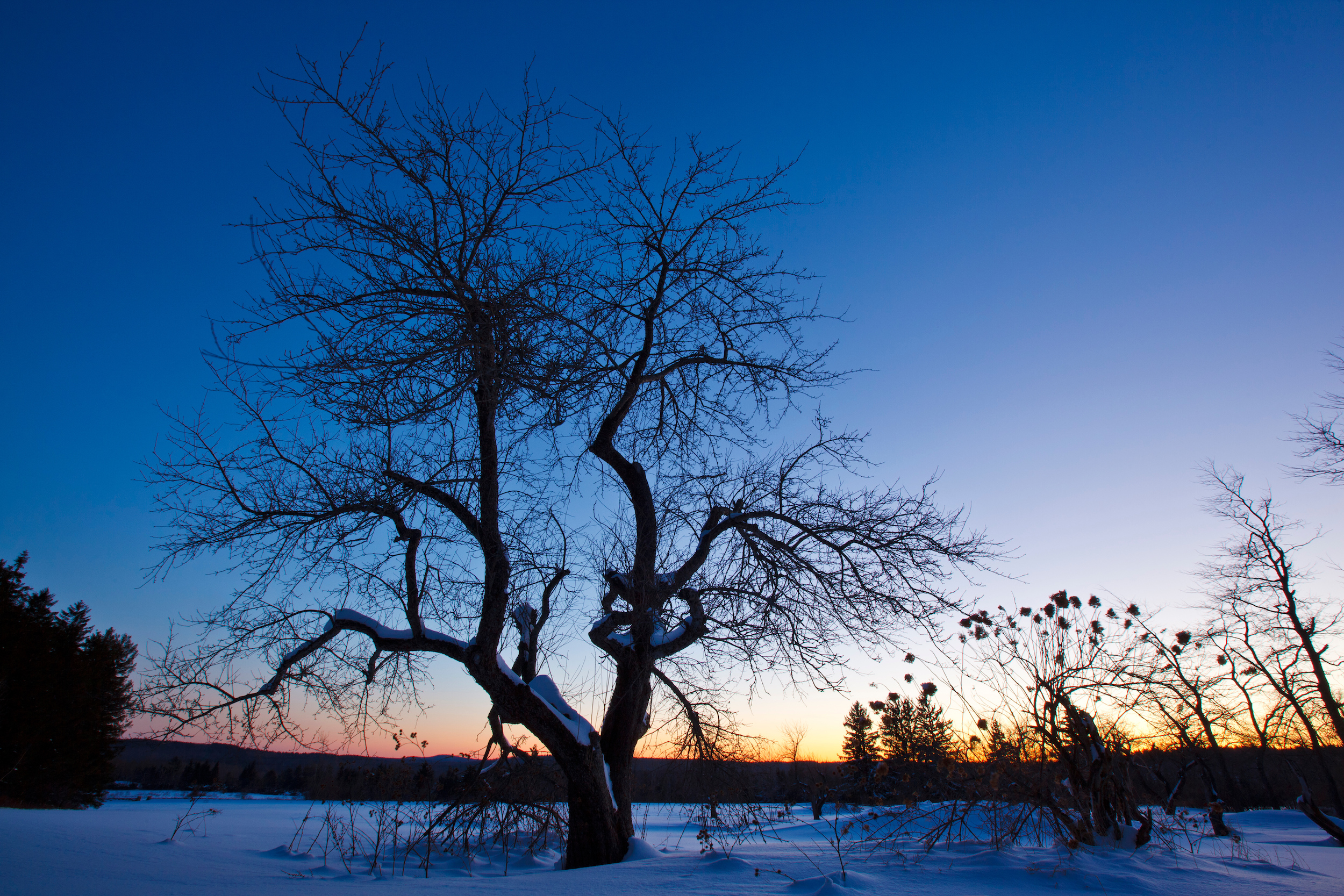Its author was Charles Eliot, a young landscape architect then practicing in Boston, who proposed the establishment of what would become The Trustees of Reservations, the first private nonprofit conservation organization of its kind in the country.
By the end of the 19th century, conservationists had succeeded in conserving many of the natural wonders of the American West, but the dense urban regions of the East had received relatively little attention. Boston had become the nation’s fourth largest manufacturing center. Ironworks, glass factories, foundries – hundreds of plants, large and small – sprang up everywhere, consuming farmland, countryside, river front, and even historic sites. Boston’s population swelled by tens of thousands, and living conditions were deplorable.
Against this backdrop of industrialization, very little had been done to set aside open space for Boston’s urban population, especially when compared to the extent of open space that had been set aside in London and Paris.
Eliot believed that country parks would provide fresh air, scenic beauty, and opportunities for quiet repose – antidotes to the ills of urban life. With this conviction in mind, Eliot wrote his letter to Garden and Forest.
While country parks were central to Eliot’s vision, he argued for the immediate preservation of “special bits of scenery” still remaining “within ten miles of the State House which possess uncommon beauty and more than usual refreshing power.” As an example, he mentioned Waverley Oaks, a steep hill in Belmont “set with a group of mighty oaks,” as well as what is today Rocky Narrows in Sherborn, the oldest property of The Trustees of Reservations.
To protect these places, Eliot proposed the creation of a unique statewide nonprofit organization – a corporation governed by a board of voluntary trustees who would be empowered by the state legislature to hold land free of taxes for the public to enjoy “just as a Public Library holds books and an Art Museum holds pictures.” Eliot enlisted a distinguished group of citizens to support his proposal. In a circular called “The Preservation of Beautiful and Historical Places,” the group laid down the special reasons why “places of historical interest or remarkable beauty should be withdrawn from private ownership, preserved from harm, and opened to the public.” They asserted that:
- “the existing means of securing and preserving public reservations are not sufficiently effective,”
- “lovers of nature will rally to endow the Trustees with the care of their favorite scenes, precisely as the lovers of Art have so liberally endowed the Art Museums,”
- the organization “will be able to act for the benefit of the whole people, and without regard to the principal cause of the ineffectiveness of present methods, namely the local jealousies felt by townships and the parts of townships towards each other,” and
- the Commonwealth “can no longer afford to refrain from applying to the preservation of her remarkable places every method which experience in other fields has approved.”
In the spring of 1891, the legislature voted to establish The Trustees of (Public*) Reservations “for the purposes of acquiring, holding, maintaining and opening to the public…beautiful and historic places…within the Commonwealth.”
*The word “Public” was dropped from our legal name in 1954 to avoid confusion with publicly (e.g. government) owned land.
[Ed. Note: “Waverley Oaks” is also often spelled “Waverly Oaks.” We have used the version as published by Garden and Forest]
